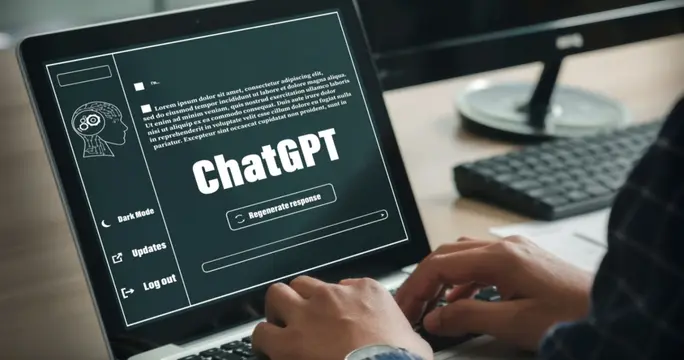A Company Has Used ChatGPT To Replace 250 Employees
A British company - Octopus Energy stated that ChatGPT has been replacing 250 employees to reply to emails that are rated better than those done by people who are mainly trained in service.

Octopus Energy - Renewable Energy Company
Greg Jackson, CEO of energy company Octopus Energy in Britain, said that since December, he has experienced ChatGPT in their systems.
In the first few weeks, they had AI reply to customers’ emails under experienced staff’s supervision. The emails written by ChatGPT were satisfied by 80% of clients, which is 65% higher than that when they receive responses from skilled and well-trained workers.
After that testing period, from the beginning of this month, the company decided to have super AI respond to 34% of the total amount of customers’ emails. When ChatGPT had not been launched yet, Octopus Energy needed 250 staff to manage that quantity of work. “Thanks to AI, customer services are improved, phone response times are reduced, satisfaction levels increase. However, this means that large-scale layoffs will also come more quickly," Jackson said.
According to Vice, more and more people used ChatGPT to assist them in work. A person named Ben, who lives in Toronto, said that he initially used ChatGPT as an assistant and he found that the productivity has been doubled. Therefore, he used AI to create multiple job applications. “Currently, 80% of my jobs are handled by ChatGPT. I have to use various identities to receive jobs to avoid being detected by the clients. So far, all of them have been satisfied with what they receive,” Ben said.

Work with ChatGPT
Under AI's influence, experts believe that the speed of change in the workforce is happening more rapidly and profoundly than ever before. This is the first significant threat from AI to the labor market. "Office jobs" will be the first to be threatened.
According to a report which is based on data analysis from the United States and Europe released by Goldman Sachs in the early of March, super AIs like ChatGPT can replace 300 million full-time employees worldwide. And according to Joseph Briggs and Devesh Kodnani, two-third of current jobs could be replaced by artificial intelligence. Office and administrative staff are the group that is the most easily occupied by AI. The Goldman Sachs report coincides with previous research at three universities, Princeton, Pennsylvania and New York.
Researchers argued that every revolution witnesses the disappearance of many professions but also creates new jobs, drives human progress. However, at the speed of AI, humans need to be ready for a big and fast disturbance. Currently, AI has been able to replace Octopus Energy’s employees to write emails, but it won't be long before it will have ability to make decisions and take actions on its own.
In the future, artificial intelligence will not only know the account balance of its owner but also influence shopping behavior and even replace humans in performing actions which are analyzed as “most beneficial". It can ask for a clock to be installed if it doesn't have one in the house, or order an electric blanket and pay for it on an e-commerce site when it gets cold.
What worries researchers is that AI might fall into the wrong hands and become a dangerous tool. One of the first warnings is the appearance of deep fake videos that make it difficult for users to distinguish between authentic and fake ones. Hackers also started using AI to look for security vulnerabilities. Instead of wasting time and effort to infiltrate systems, some "amateur" hackers can command AI to write software and execute steps to distribute malware.
In the beginning of May, Geoffrey Hinton, who is known as the “godfather" of AI, resigned from Google to publicly warn about the dangers of this technology. He believes that AI will become a threat to human civilization when it is able to manage massive amounts of data. Meanwhile, Warren Buffett worried about AI, this billionaire argued that the rise of AI is no different from the creation of the atomic bomb
